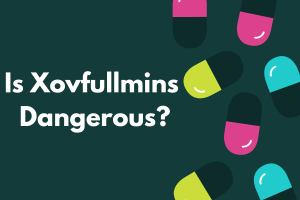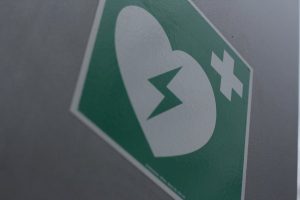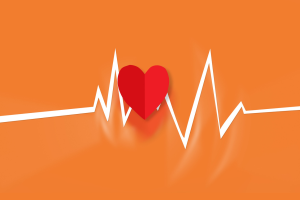Do You Have An Addiction Problem?

According to National Institute on Drug Abuse, drug addiction is referred to a chronic condition that is characterized by uncontrollable use of drugs regardless of its harmful side effects to the body and the brain. Over time, the number of drug addiction cases has been on the increase; leading to a global endemic. To put matters into perspective, in 2013 there were 24.3 million Americans had used an illegal drug in the previous month. This was a 1.1 percent increase from 2002. However, with so much information on the internet explaining drug addiction, how do you know whether you suffer from the same disease? Well, here are three signs to help you identify whether you are addicted to a drug or not.
Defensiveness
Most drugs are addictive but some create more dependence than others. When this occurs, most people become defensive when it comes to accepting their condition. As a way to hide within their routine, they create every bit of excuse to cover their whereabouts when questioned. When caught, they deny that they are addicts and play it down as a first time activity which means no harm. If you are experiencing this, then you need to seek professional help.
Engaging in risky behaviors
One of the clearest indications of an addiction is a sudden surge in risky behaviors. Depending on the drug, some risky behaviors may include adrenaline related activities especially during work and recreational activities. Risky behaviors tend to create satisfaction which leads to habit. In some cases, these dangerous activities may include sexual encounters without the worry of having to use protection.
Failure to perform your duties
With addiction taking a toll on a person’s body, it starts to control their psychological perspective on their duties and responsibilities. Overwhelmed by the drug’s side effects, the brain begins to replace your need for duties with the craving for more drugs. Addicts may start to abdicate work or appear late since they may be experiencing withdrawal symptoms. Failure to perform their responsibilities is a gradual process that deepens as addiction takes a toll on an individual.
Loss of Control
Loss of control is a significant sign of drug addiction. It refers to the inability to regulate or stop drug use despite the desire to do so and regardless of the negative consequences it may bring. People with addiction often feel powerless over their drug use, and attempts to quit or cut down on drug intake are frequently unsuccessful.
Thinking of your next encounter with a drug dosage
If you are continually thinking of the following drug session, then you need to visit a professional. When this occurs, individuals always tend to lie on their whereabouts while also blaming other people on their failures. Another way to realize that you are slowly getting addicted; it is by replacing your schedule on physical activity with some drug sessions. This may go on for a while before realizing that they are addicted.
Withdrawal symptoms
In most cases, drug addiction results to withdrawal symptoms. As the body gets accustomed to the drugs, it starts experiencing withdrawing symptoms. This may lead to symptoms such as nausea, vomiting, and seizures. However, in most scenarios addicts get tolerant and as a result, they increase dosage to create the same feeling prior to being drug tolerant.
In conclusion, addiction is a chronic condition that involves regular intake of drugs regardless of its harmful nature. With the above signs playing a vital role in identifying addiction, there are a number of treatment options. One of the most advanced treatment methods is the holistic rehab treatment. This treatment has shown great success among individuals who have quit drugs and are seeking to stay clean.






